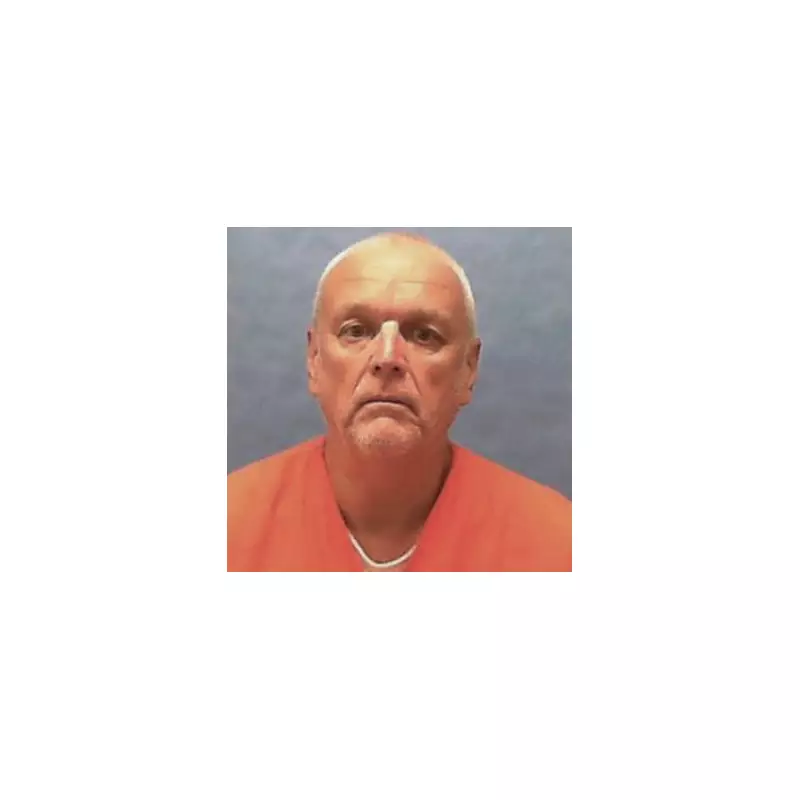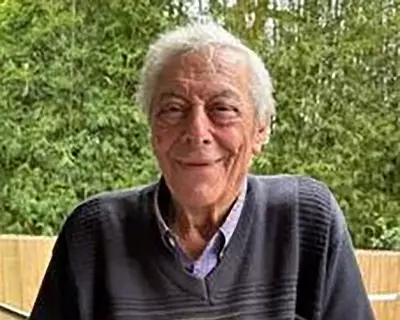
In a dramatic parole hearing that laid bare the brutal nature of his crimes, convicted double murderer Steven Craig has been denied release after serving nearly three decades behind bars.
The 52-year-old killer, who butchered two women in a horrific 1996 spree, appeared before the Parole Board where his lack of remorse and ongoing risk to the public became glaringly apparent.
A Trail of Destruction
Craig's murderous rampage began when he stabbed 28-year-old Paula Fields multiple times in a frenzied attack. Just weeks later, he claimed another victim - 21-year-old Gwendoline Wood, who suffered the same brutal fate.
Both women were discovered in their own homes, their lives cut short by Craig's uncontrollable violence. The similarities between the attacks sent shockwaves through the community and raised serious questions about how such a dangerous individual had remained free to kill again.
Parole Board Delivers Verdict
During the tense hearing, the Parole Board examined multiple concerning factors about Craig's behaviour and mindset. Despite years in prison, he demonstrated:
- No genuine remorse for his actions
- Limited insight into his offending behaviour
- Ongoing risk factors that make release unsafe
- Inadequate progress in rehabilitation programmes
A spokesperson for the Parole Board stated: "After considering the evidence, we were not satisfied that Mr Craig could be safely managed in the community. The serious nature of his offences and his current risk level made release impossible."
Families' Relief and Ongoing Pain
For the families of Paula Fields and Gwendoline Wood, the decision brings mixed emotions. While relieved that their loved ones' killer remains behind bars, each parole hearing forces them to relive the trauma of their loss.
One family member, who wished to remain anonymous, told reporters: "Every time his name comes up, it's like reopening old wounds. We're grateful he's staying where he belongs, but we'll never have true peace knowing what he did."
The case highlights the ongoing challenges in managing dangerous offenders within the justice system, particularly those who show little evidence of rehabilitation despite decades of imprisonment.





